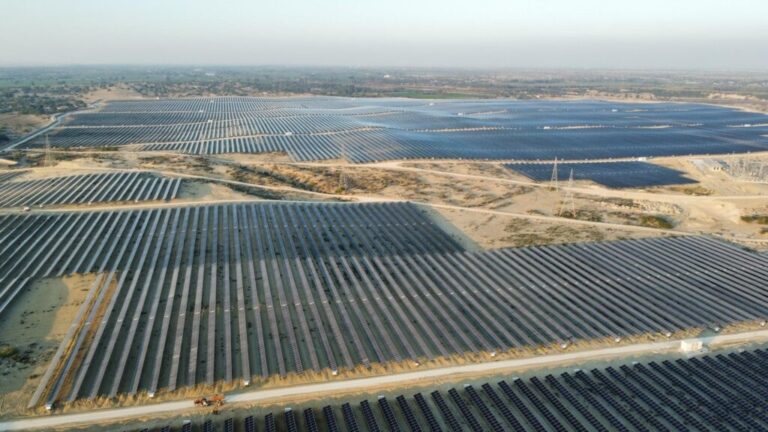The commencement of operations at the 150 MW solar projects in Sukkur, Pakistan, has marked a significant advancement in the country’s renewable energy landscape.
These projects can produce approximately 300 gigawatt hours of electricity annually, and they are expected to contribute significantly to Pakistan’s energy needs.
Under a 25-year USD-indexed power purchase agreement (PPA) with the Central Power Purchasing Agency of Pakistan, the projects assure a stable revenue stream, instilling confidence among investors and stakeholders. Scatec ASA’s collaboration with its local partner, Nizam Energy, underscores the synergy between international expertise and indigenous knowledge in driving sustainable energy solutions forward.
The involvement of diverse financial institutions such as the Dutch development bank FMO, Faysal Bank, Bank of Punjab, Bank Islami, and Pak Kuwait Investment Company underscores the importance of investing in renewable energy infrastructure to foster sustainable development.
The successful commencement of operations at these solar projects marks a significant milestone in Pakistan’s transition towards a cleaner and more resilient energy future.
It may be noted that the said 150 MW solar projects in Sukkur, Pakistan, are strategically positioned to harness solar energy due to their favorable geographical location and abundant sunlight. With a combined capacity of 150 megawatts (MW), it is one of the largest solar installations in Pakistan.
Renewable energy firm Scatec ASA holds a majority stake of 75% in the projects. The company is responsible for providing operation and maintenance as well as asset management services. Nizam Energy, a local partner, holds the remaining stake in the projects, fostering collaboration between international expertise and domestic knowledge.
The electricity generated by the solar projects is expected to meet the demands of approximately 150,000 households in Pakistan. This is going to address the country’s energy needs and would also help reduce reliance on fossil fuels, mitigate environmental impact, and promote cleaner energy sources.

